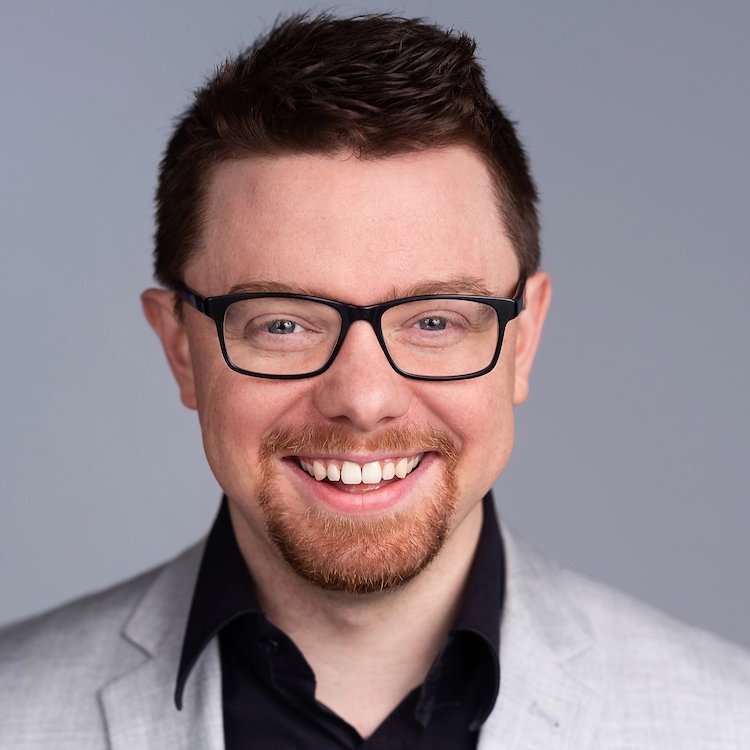For pharmacists, deciding how to tackle massive student loan debt is daunting. There’s a unique financial balance between focusing on debt or investing.
I learned at a very early age that investing in the stock market was ideal for everyone.
My grandfather, who had flown helicopters in Vietnam and later became an economics professor, taught about personal finance and investing. He regularly demonstrated to his students how an annual investment of $2,000 in the S&P during your 20’s could change your finances forever.
When you’re investing, time matters. Because of the power of compounding, money invested during your 20’s is different than money invested during your 40’s.
If, for example, you have a student loan that only assesses 3 percent interest, he believes you should continue paying the loan as scheduled since it has a great interest rate. Instead of paying the loan off early, you can use the money you would have paid to the loan to invest in your future.
Depending on your situation, this may be a good strategy for you.
The looming question is this: how do you know which strategy is best for you?
Start by asking yourself an important question.
What do you want?
You have to start by identifying your goals and your priorities. I recently reviewed the Student Loan Course by the Your Financial Pharmacist group and thought their modules on financial priorities were helpful to find setting financial goals confusing.
In my case, I was in a tough place when I made the decision to tackle my student loans. I was working a job with two bullies, and a bunch of other team members that weren’t easy to work with. I couldn’t find another local job, and I had just bought a house. I felt financially trapped.
My goal was faster financial freedom
I wanted to destroy my financial burdens. I wanted the option to quit my job if I chose to.
I knew that if I could eliminate over half of my monthly expenses, I could change my situation.
Investing immediately wouldn’t do that for me. I’d still be in a bad situation and a bad job working with people I didn’t like, but I’d potentially have more money now.
I focused on eliminating my debt as quickly as possible so I would have the option to quit my job; and as of January of 2018, I accomplished it. I own my house, I paid off my student loans, and my only regular payment is the tax payment for our house (less than $3000/year).
Dave Ramsey, a well-known financial teacher, suggests that one of the first steps to financial freedom is paying off debt. He suggests that before you even consider investing, you must pay off your debt.
Perhaps your goals are different. Perhaps you don’t want to miss out on the stock market because you’re aware that compounding interest is directly proportional to time and you love your job. Go for it. Invest now.
You may even be perfectly content with the idea of working for 35-40 more years. You may think that some loans are acceptable and that paying them off isn’t a priority.
Even if that’s true, consider this.
The average car loan in 2018 is $523. The average student loan for pharmacists is $1080 using this calculator (average loans are at $160,000 at 7.81% interest over a 30 year payment plan),. Even if your mortgage is on the lower end of the spectrum and you’ve lived well within your means, your mortgage is likely around $1,500.
You’re spending $4,000 a month just to have a job, a home, and a car.
So even if you don’t feel financially trapped, you’re giving money away in the form of interest. If you do decide to invest, you’ll have less money to work with because you’re paying it to loan companies instead.
Regardless of your situation, it’s important to know what your goals are.
Once you determine them, you can make better financial decisions that will save you tons of money later.
Start with the Your Financial Pharmacist Student Loan Course for Pharmacists.
I recently reviewed the course because my own journey showed me the freedom that comes with eliminating student loan debt. As someone who coaches pharmacists, I understand the challenges of the pharmacy industry and the tendency pharmacists have of trapping themselves in unfulfilling jobs by living beyond their means.
After reviewing the modules and the coursework, I believe that any pharmacist with any student loans should at least consider taking the course.
The guys at Your Financial Pharmacist have structured the course to address both possibilities: paying off debt and investing. They’ve also created a money-back guarantee that eliminates any risk in signing up for the course.
The best way to move yourself to a better financial position is to begin with a realistic assessment of where you are and where you hope to be.
Make the decision that is right for you, but gather all the facts before you do.
The process is daunting. It’s easy to convince ourselves that the process is too difficult and time-consuming for us to tackle.
Instead of being a victim to the financial companies, decide what kind of lifestyle you’re chasing and choose the path that gets you there.
The Happy Pharm D and Your Financial Pharmacist would love to help you take the first step.

Alex is the Founder of The Happy PharmD. He loves anime, his family, and video games, but not in that order.

